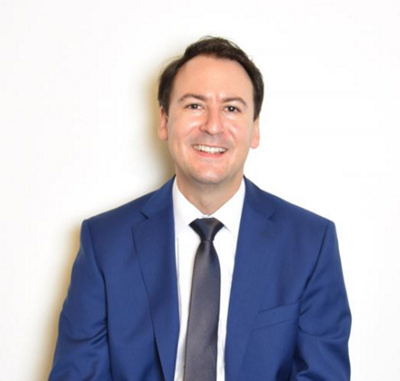Public Affairs assists Hirslanden across the Group with opinion-forming and decision-making processes at the interface between politics, business and the general public, and organises and shapes external relationships. For example, it represents Hirslanden’s interests in industry-relevant associations and organisations such as OSPITA, economiesuisse or in cantonal and national hospital associations.
As the largest medical network in Switzerland, the Hirslanden Group is keen to improve transparency, quality and efficiency in the healthcare system through its work so that healthcare remains affordable over the longer term as well. Hirslanden’s strategy prioritises the generation of added value for the general public in their service provision. Maintaining and improving people’s quality of life is always paramount. Irrespective of their insurance status, patients receive top-quality medical care that meets their needs and is also as cost-effective as possible for society.
Effectiveness, appropriateness, cost-effectiveness (EAE)
Since 1996, the principles of effectiveness, appropriateness and cost-effectiveness have been an integral part of the Health Insurance Act (KVG). However, they are unfortunately only partly implemented. Only services that are truly effective, appropriate and above all cost-effective should be provided and financed via basic health insurance. If medical services do not fulfil all the guidelines, they should be financed via supplementary insurance rather than basic health insurance. Hirslanden is calling for operationalised implementation of the EAE criteria.
Multiple roles of the cantons
The multiple roles of the cantons are a major issue in the Swiss healthcare system. They act simultaneously as service procurers, financial backers, owners, service providers, supervisory authorities, tariff approvers and planners. As long as these conflicts of interest remain unresolved, cantons have an incentive to prioritise their own hospitals and thus to disadvantage private hospitals in the process. This happens, among others, when service mandates are awarded (cantonal hospital planning), during inter-cantonal planning of highly specialised medicine (HSM), when loans are granted, when doctors are approved, and when services of public interest (GWL) are granted.
It is time to resolve the conflicting roles of the cantons in order to ensure fair competition between service providers. In particular, the regulator should not themselves allocate any services.
Highly specialised medicine (IVHSM)
According to the Health Insurance Act (KVG), the cantons are mandated with coordinating highly specialised medicine. However, as hospital owners they are continually incentivised to prioritise their own hospitals with service mandates. This has been sanctioned by the courts on numerous occasions. Hirslanden is fighting for an equal playing field and fair behaviour in highly specialised medicine.
Outpatient surgery
Advances in medicine, the increasing cost pressures in the healthcare industry, and changed patient needs are resulting in the relocation of inpatient services to the outpatient sector. Since January 2019, the costs of six groups of surgeries throughout Switzerland have been paid by the compulsory healthcare insurance (OKP) only when they are carried out on an outpatient basis; however, justified cases are not subject to this rule. Numerous cantons have also approved further lists of surgical procedures, which are usually only paid on an outpatient basis.
The move towards outpatient treatment reflects a worldwide trend, and makes sense both from an economic and a patient perspective. This is why Hirslanden supports this development. An optimum solution is being sought for each hospital in order to perform outpatient surgery efficiently, whether it is in separate units (day case clinics) or in existing infrastructure. However, the outpatient tariffs do not cover the costs, which is impeding the positive development from inpatient to outpatient surgery. This is why cost-covering outpatient tariffs are necessary.
Co-Lead Public Affairs
?_ck=2024-04-16T14%3A18%3A48.058Z)
Corporate Office
Boulevard Lilienthal 2
CH-8152 Glattpark
General Secretary

Corporate Office
Boulevard Lilienthal 2
CH-8152 Glattpark

